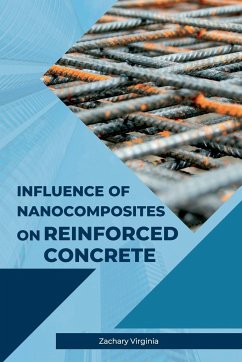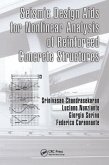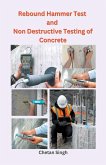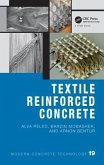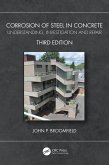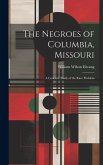The use of nanocomposites in reinforced concrete has emerged as a promising approach to enhance the mechanical properties and durability of conventional concrete. This experimental investigation by G. Cibilakshmi focuses on the influence of nanocomposites on the performance of reinforced concrete incorporating PVA fibers. Nanocomposites are materials composed of a polymer matrix reinforced with nanoparticles or nanofillers. These materials have gained significant attention in recent years due to their unique mechanical, thermal, and chemical properties. In the context of concrete, nanocomposites can improve the strength, toughness, and durability of the material by enhancing the interfacial bonding between the matrix and reinforcement and reducing the porosity of the cementitious matrix. The experimental investigation carried out by Cibilakshmi involves the synthesis and dispersion of various nanoparticles including carbon nanotubes, graphene, silica, titanium dioxide, zirconia, and alumina in the polymer matrix. The nanocomposite was then incorporated into the concrete mix along with PVA fibers. The resulting reinforced concrete specimens were tested for mechanical properties such as compressive strength, tensile strength, flexural strength, and hardness, as well as for durability properties such as corrosion resistance, chemical resistance, and thermal conductivity. The results of this investigation showed significant improvements in the mechanical and durability properties of the reinforced concrete specimens with the addition of nanocomposites. The interfacial bonding between the matrix and reinforcement was enhanced, resulting in an increase in compressive, tensile, and flexural strength. The addition of nanocomposites also improved the durability of the concrete, with increased resistance to corrosion and chemical attack. The study concludes that the use of nanocomposites in reinforced concrete has the potential to significantly enhance the performance of the material, contributing to the development of sustainable and green building materials with reduced carbon footprints and improved energy efficiency.
Hinweis: Dieser Artikel kann nur an eine deutsche Lieferadresse ausgeliefert werden.
Hinweis: Dieser Artikel kann nur an eine deutsche Lieferadresse ausgeliefert werden.

